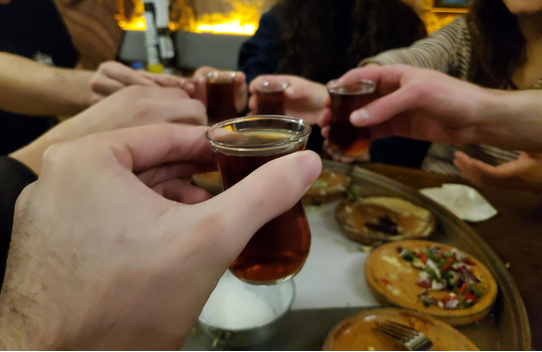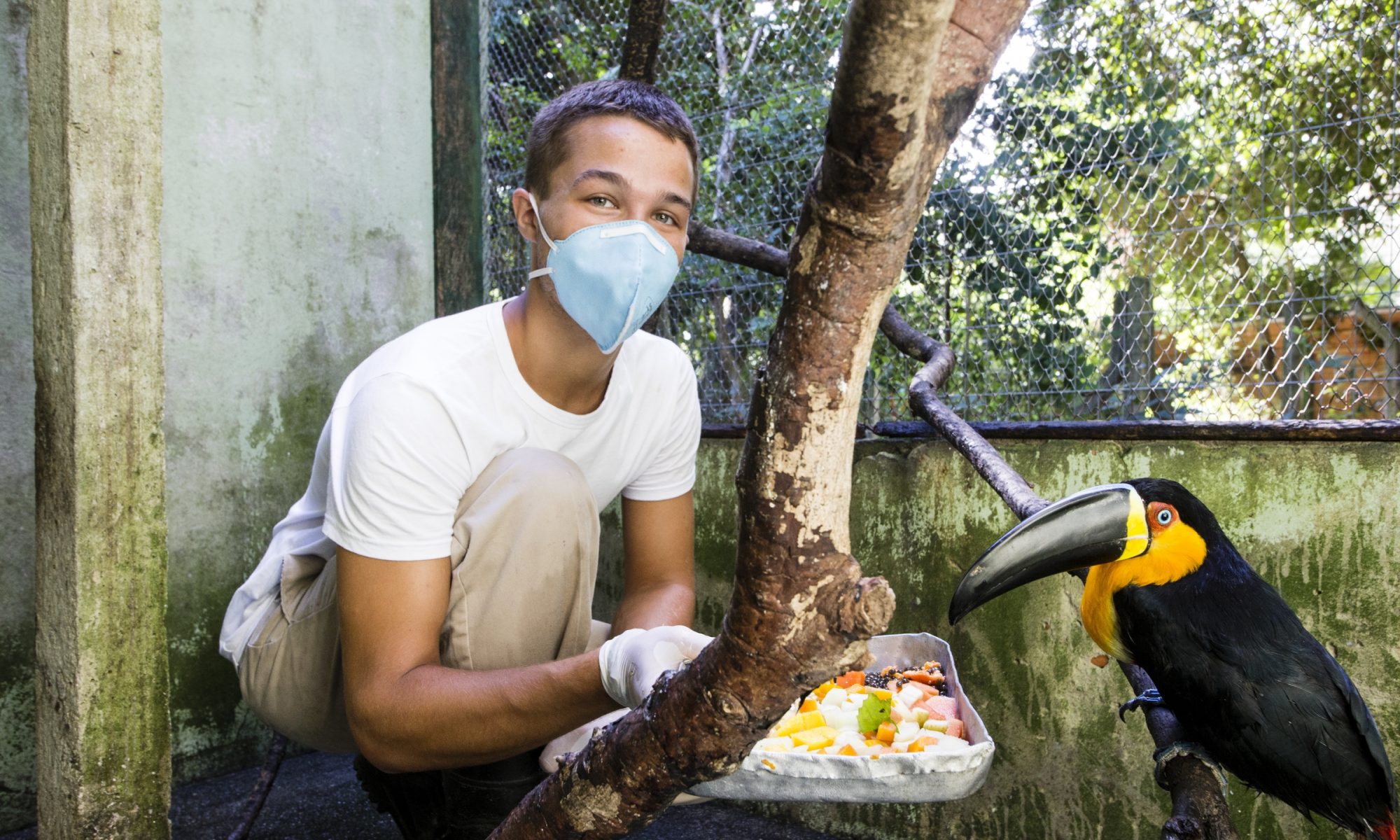By Yousef Abdo

Tea and Coffee: The Soul of Turkish Hospitality
During my recent visit to Turkey, I delved into the captivating world of Turkish tea and coffee, guided by insightful interviews with Professor Alexis Wick and Anna Beylunioğlu from Koç University. Their expertise illuminated the deep cultural roots and modern expressions of these beloved beverages, enriching my journey through tea shops, bustling bazaars, and everyday Turkish life.
Turkey’s tea and coffee culture is a testament to the nation’s rich history and vibrant social fabric. Tea, despite its relatively late introduction in the 1920s, has become an indispensable part of daily life, especially in the Black Sea region where plantations flourish. It’s fascinating how tea has woven itself into the very essence of Turkish hospitality, present at every occasion, from casual meetups to professional gatherings.
Professor Wick’s reference to the Pera Museum’s exhibitions, including “The Red Sea in Search of a Lost Space” and the narrative of coffee as the “Ottoman drug,” traced coffee’s journey from the Mamluks’ era through its colonial expansion to Java. This historical backdrop highlights how coffee, once a symbol of Ottoman sophistication, continues to be a cherished tradition.
The Rituals and Traditions
Professor Anna Beylunioğlu’s insights offered a more intimate look at how these beverages are integrated into Turkish households. The tradition of serving coffee with salt to the groom by the bride or without sugar at funerals showcases the nuanced role coffee plays in marking life’s milestones. Meanwhile, tea is the cornerstone of the Turkish breakfast and a constant companion through the day, embodying warmth and community.
What struck me was the mention of specific practices, like drinking coffee from tea glasses in certain regions and the unique terminology for coffee in different cities. This diversity within the culture speaks to the local adaptations and personal preferences that enrich the overall tapestry of Turkish tea and coffee traditions.
Beylunioğlu’s candid admission of being a coffee drinker, despite the pervasive tea culture, and her exploration of international teas, reflects the personal journeys within this collective culture.
Both interviews touched on the contemporary scene, noting a resurgence in specialty coffee shops like Velvet Coffee and a growing interest in herbal teas. Yet, there remains a strong allegiance to traditional flavors and methods, with a universal preference for black tea in households and a noted divide between tea and coffee drinkers.
